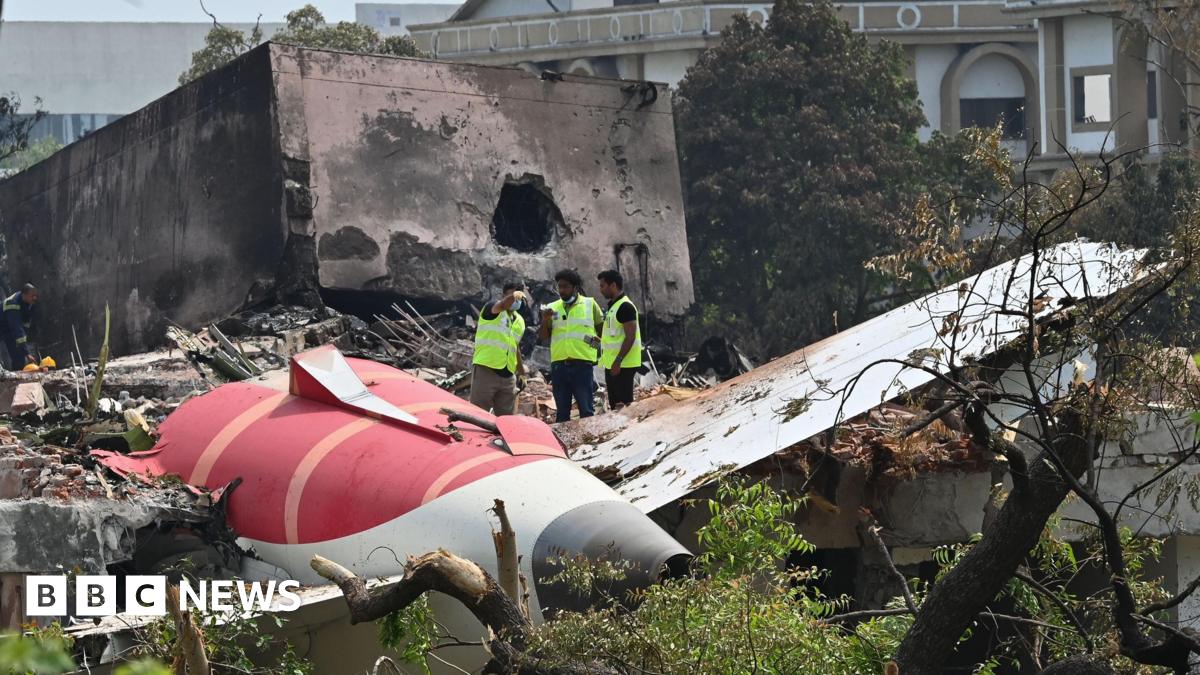That view is echoed by Capt. Amit Singh, founder of the Safety Matters Foundation, an organisation based in India that works to promote a safety culture in aviation.
He has produced a report which claims the available evidence “strongly supports the theory of an electrical disturbance as the primary cause of the engine shutdown” that led to the disaster.
He believes an electrical fault may have caused the Full Authority Digital Engine Control (FADEC), a computerised system which manages the engines, to trigger a shutdown by cutting off the fuel supply.
Meanwhile the flight data recorder, he suggests, may have registered the command to shut off the fuel supply, rather than any physical movement of the cutoff switches in the cockpit.
In other words, the switches themselves may not have been touched at all, until the pilots tried to restart the engines.
Capt. Singh has also challenged the way in which the investigation has been carried out in India’s Supreme Court.
He told the BBC the way in which the preliminary report was framed was biased because it “appears to suggest pilot error, without disclosing all the technical anomalies that occurred during the flight”.
Meanwhile the Supreme Court itself has already commented on the issue.
It has been considering a petition filed by Pushkarraj Sabharwal, the father of Capt. Sumeet Sabharwal. The 91-year-old has been seeking an independent judicial inquiry into the tragedy.
“It’s extremely unfortunate, this crash, but you should not carry this burden that your son is being blamed. Nobody can blame him for anything,” Justice Surya Kant told him.
A further hearing is expected on 10 November.
